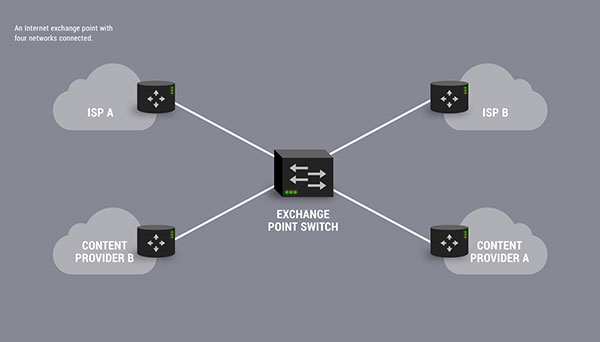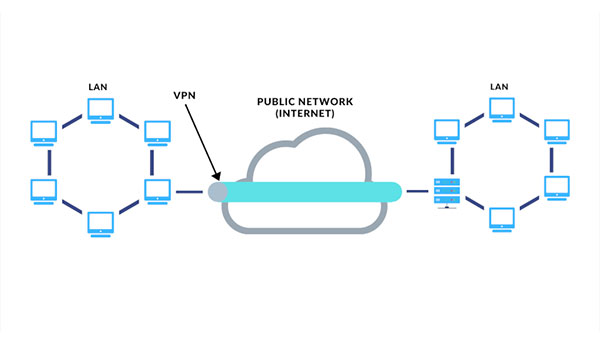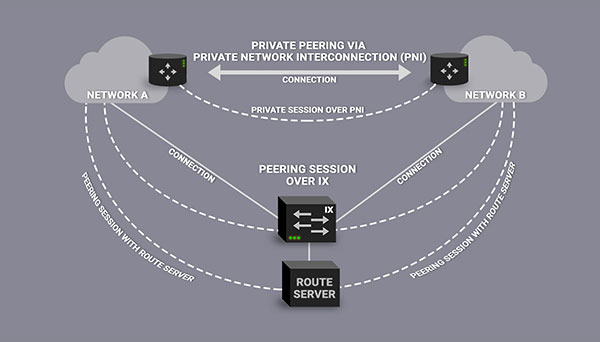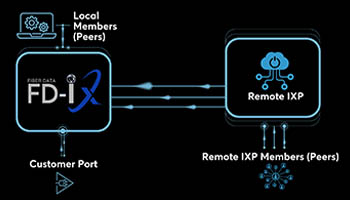Improved Performance and Reduced Latency: Peering allows ISPs to exchange traffic directly, which results in faster data transmission and reduced latency. By bypassing intermediaries, the path for data becomes more direct and efficient, enhancing the overall user experience.
Cost Efficiency: Peering agreements often eliminate the need for ISPs to pay transit fees to third-party networks for exchanging traffic. This cost-saving mechanism benefits both ISPs and end-users, potentially leading to more competitive pricing for internet services.
Enhanced Reliability and Redundancy: Peering promotes network resilience. In the event of a network outage or congestion, having multiple peering connections allows traffic to be rerouted through alternate paths, ensuring continuous connectivity.
Supporting Innovation and Growth: Seamless data exchange through peering fosters an environment conducive to innovation. Start-ups, content providers, and businesses can more easily reach a broader audience without the barriers posed by inefficient data transfer.
Localized Content Delivery: Peering facilitates the delivery of localized content. By connecting with regional ISPs, content providers can distribute content more efficiently, catering to specific demographics with tailored services.
FD-IX has peering points in 29 Data Centers across 7 States in the U.S. Reach out to us today and see how we can help your network.






















